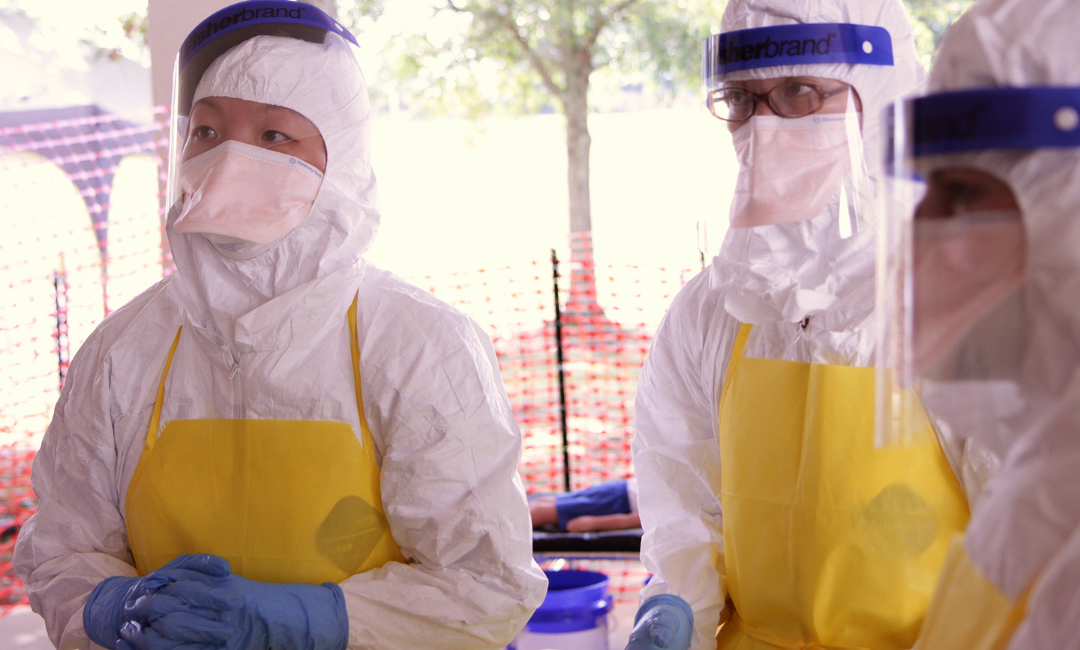Nursing Industry Support
Nursing organizations like the American Nurses Association and American Association of Colleges of Nursing have thrown their support behind the bipartisan measure.
ANA President Jennifer Mensik Kennedy, PhD, MBA, RN, NEA-BC, FAAN, said in a news release that the organization is grateful to legislators for supporting a “strong, more equitable health system.”
“Every nurse who chooses to serve in an underserved community is making a powerful commitment—to patients, to equity, and to the future of health care,” she stated. “The reintroduction of the Nurse Corps Tax Parity Act is a meaningful step toward recognizing that commitment. Removing this unfair tax burden honors the selfless work of nurses and helps ensure that more of them can afford to answer the call to care where they are needed most.”
Similarly, AACN President and CEO Dr. Deborah Trautman said the legislation underscores the importance of the Nurse Corps program on patients.
“As we strive to address our nation’s healthcare needs, particularly in critical shortage facilities, health professional shortage areas, and medically underserved regions, supporting the nursing workforce is essential,” Trautman said.









